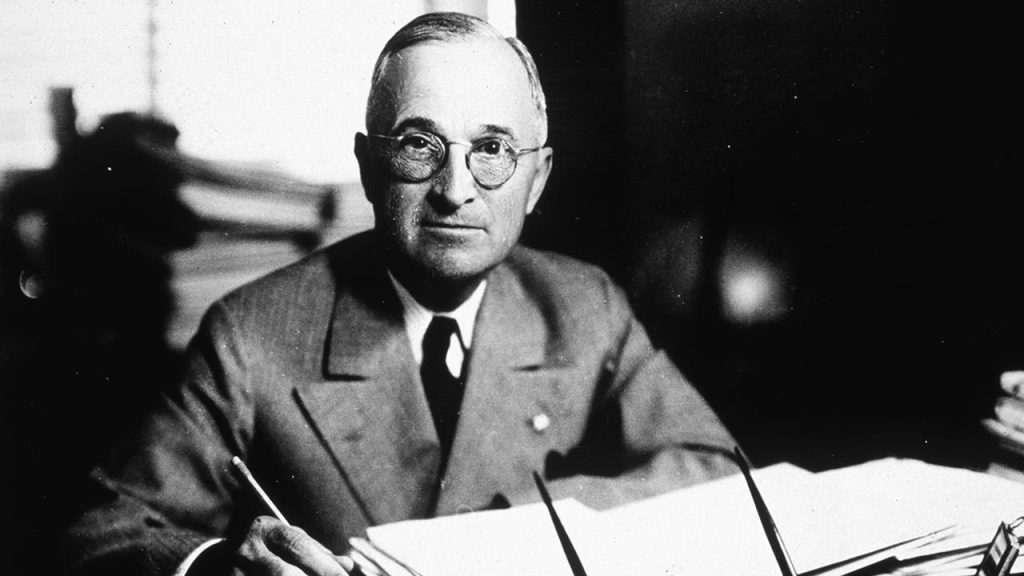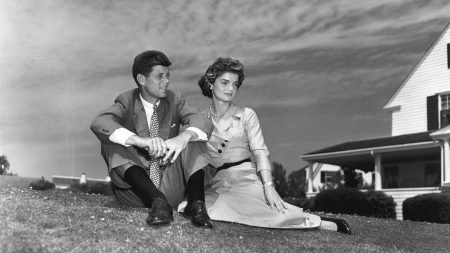On May 8, 1945, President Harry Truman announced the surrender of Nazi Germany’s forces in World War II, marking Victory in Europe Day or V-E Day. The war had been ongoing for nearly five years, with the U.S. and Allied forces landing in Normandy on June 6, 1944. Truman cautioned that the war needed to be finished by defeating the Japanese in the Pacific, despite the celebration of Germany’s surrender. Winston Churchill described the news as “the signal for the greatest outburst of joy in the history of mankind.”
Truman expressed gratitude for the victory, acknowledging the high price paid to rid the world of Hitler and his evil regime. He emphasized the need for continued work and devotion to the responsibilities that lay ahead, as well as the importance of remembering the sacrifices made by so many. Truman also emphasized the need to finish the war by bringing about the unconditional surrender of the Japanese military and naval forces. He declared May 13, 1945, as a day of prayer and called upon the people of the United States to offer thanks to God for the victory.
After becoming President following the death of Franklin D. Roosevelt, Truman became aware of the Manhattan Project, a secret effort to create an atomic bomb. The Potsdam Declaration, issued on July 26, 1945, called for the unconditional surrender of Japan and warned of “prompt and utter destruction.” The United States dropped atomic bombs on Hiroshima and Nagasaki in early August, leading to Japan’s official surrender on August 15, 1945. The war was finally over, bringing an end to years of conflict and devastation.
The announcement of Germany’s surrender on V-E Day led to celebrations around the world, with Times Square being closed to traffic and overflowing with people. The news was met with joy and relief, as people saw the end of a long and brutal conflict that had taken a heavy toll on many lives. The victory in Europe was a significant milestone in World War II, paving the way for the ultimate defeat of Nazi Germany and the liberation of Europe from tyranny. The events of V-E Day and the subsequent surrender of Japan marked the end of one of the most devastating conflicts in human history.
Truman’s speech on V-E Day reflected the somber yet celebratory mood of the occasion, recognizing the sacrifices made and the challenges that still lay ahead. He urged the American people to continue working towards finishing the war and bringing about a lasting peace. The significance of V-E Day and the subsequent surrender of Japan highlighted the resilience and determination of the Allied forces in overcoming powerful adversaries and ultimately securing victory. The legacy of these events continues to be remembered and honored, reminding us of the sacrifices made and the importance of working towards a more peaceful future.















